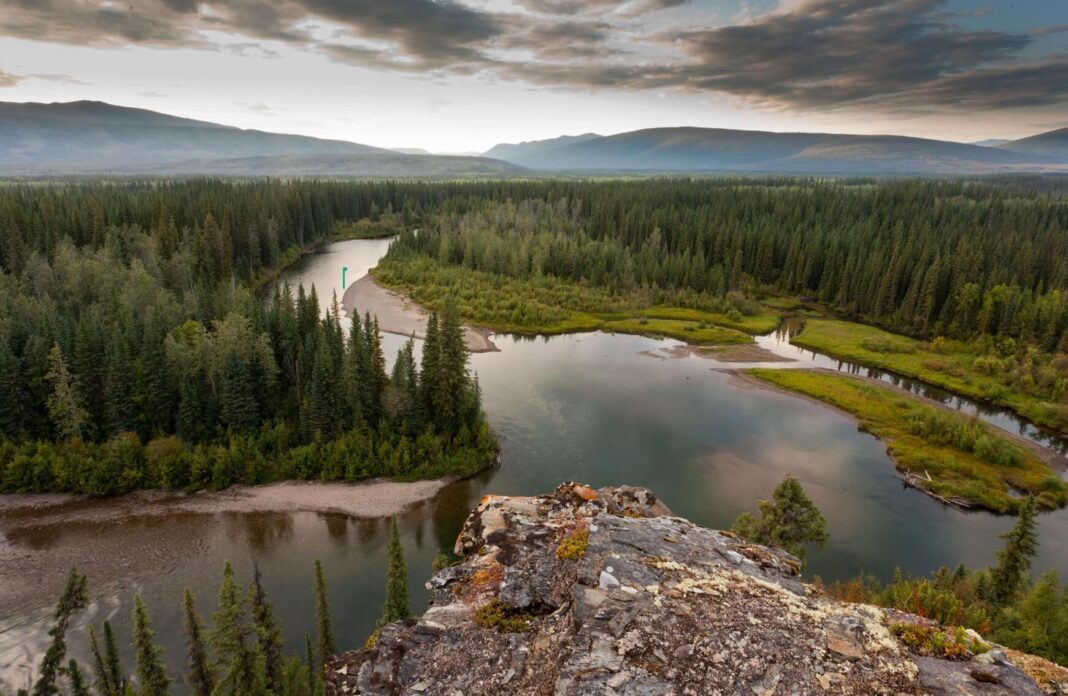Climate change is driving a significant northward migration of the vast forests of Canada and Alaska, according to new research published by the Wageningen University.
The research, which analysed two decades of satellite-gathered tree cover data, found that this shift occurs more rapidly at the southern boreal boundaries than at the northern ones.
As the climate warms, boreal forests are expected to migrate north, with trees thriving in areas previously too cold for them.
However, the southern regions of boreal distribution may become too warm and dry for these cold-evolved trees.
“The rates at which these two processes happen are key. The southern boreal may lose trees much faster than the northern boreal gains trees through expansion,” says lead author Ronny Rotbarth, a Ph.D. candidate at Wageningen University & Research.
“Such a mismatch would indicate a contraction of the biome.”
Monitoring Forests from Space
The research team utilized satellite data from across the North American boreal biome to track the change in tree cover along a south-to-north gradient.
Over this time, forests thickened in the central boreal and thinned in the southern boreal.
The researchers found a clear disparity between high tree cover losses in the south and minimal gains in the north.
“We were surprised by the clear patterns that emerged moving from south to north.”
“They indicate that boreal forests are shifting northwards, and they seem to do it while contracting in the south,” says co-author Marten Scheffer, a professor of complex systems at Wageningen University & Research.
The research also found that forest fires and timber logging exacerbated tree cover losses more in the southern boreal, already stressed due to warming.
Global Implications: Boreal Forests and the Climate
Boreal forests are critical globally as they store massive amounts of carbon in trees and soil.
A long-term biome contraction could release part of this carbon, further exacerbating global warming.
“We do not expect that the forest dynamics we observed will slow down. On the contrary, warmer temperatures will increase forest fires and insect outbreaks, intensifying the loss of forests in today’s southern ranges,” says co-author Milena Holmgren, an Associate Professor at Wageningen University & Research.
Understanding the future health of boreal forests can aid in predicting the impacts of forest changes on the global climate.
Researcher Jane Jepsen from the Norwegian Institute for Nature Research adds, “Boreal forests are sentinels of change also affecting arctic and temperate ecosystems.”
“Continental-scale biome shifts, such as the one we documented, highlight the urgent need for long-term monitoring, particularly at the edges of our major forest ecosystems.”
The study’s findings are published in Nature Communications.






